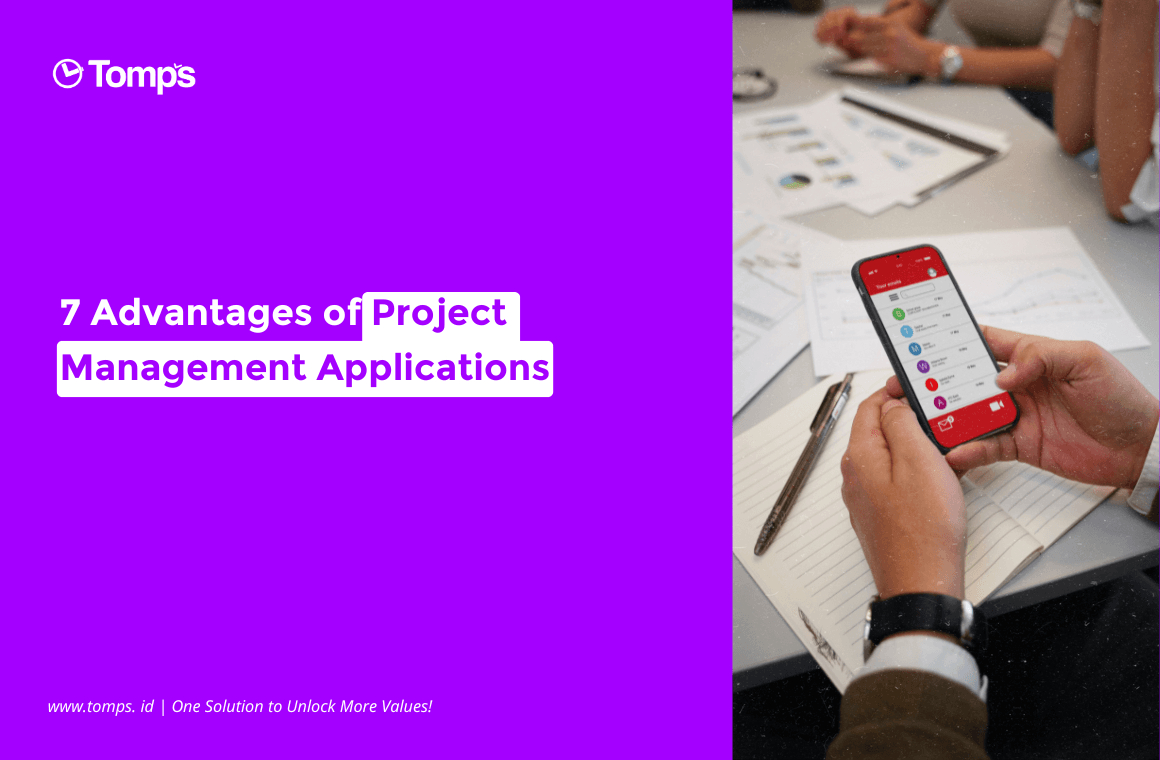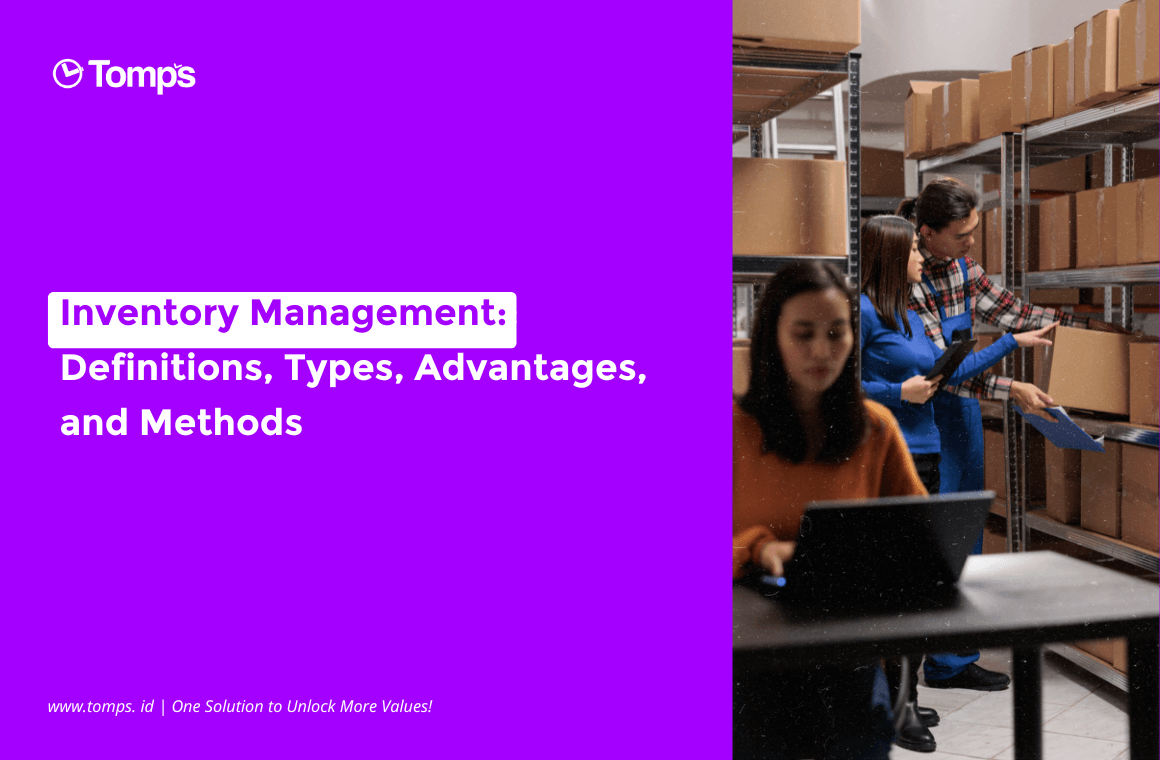What is Project Management Certification?
Before appointing a project manager to head a project, of course, we need concrete evidence that shows their capabilities and competencies, right? One way to look at it is by the project management certification that they have.
Project Management Certification is a credential award that serves as project manager’s validation of their proficiency and competence in managing projects effectively. These certifications are usually given by credible organizations and recognized globally.
Experienced project managers often seek project management training and certifications, including a project management certificate, to further enhance their skills and credentials. These training programs offer them a chance to stay updated with the latest industry best practices and methodologies, ensuring they remain competitive in the ever-evolving field of project management.
Project management training provides a structured and comprehensive education that covers various aspects of project management, from initiating and planning to executing, monitoring, and closing projects. It equips experienced project managers with the knowledge and tools necessary to navigate complex projects and deliver successful results.
Moreover, project management training allows experienced project managers to network with peers, share experiences, and gain valuable insights from others in the field. This collaborative aspect of training often leads to the exchange of innovative ideas and problem-solving techniques that can be applied to real-world projects.
In the fast-paced and demanding world of project management, continuous learning and professional development through project management training are essential for experienced project managers to maintain their expertise and adapt to new challenges and opportunities in the field.
Why is Certification for Project Manager Important?
Indeed, having a project management certification isn’t a must-have for a project manager. There are books you can read if you want to boost your career, as explained in this article. These books could give you insights to improve your project management skills. In addition, it can even improve your career performance too!
While project management certification is not an absolute requirement for project managers, it can undoubtedly be a valuable asset in your professional toolkit. However, it's worth noting that the realm of project management extends beyond just individual project managers; it also encompasses program managers who oversee multiple projects and coordinate the efforts of a project team.
For those looking to broaden their horizons in project and program management, an online course or certificate program can provide a comprehensive education. These certificate programs often cater to both project managers and program managers, equipping them with the knowledge and skills needed to lead successful project teams, manage complex projects, and effectively steer multi-project programs to achieve organizational goals.
Furthermore, while books can offer valuable insights and knowledge, a project team's dynamic and collaborative environment often demands a broader range of skills, which can be cultivated and fine-tuned through an online course or certificate program. These programs facilitate a deeper understanding of project management principles, leadership, and team dynamics, making you better equipped to navigate the challenges and complexities that arise within project teams and programs. Ultimately, the choice between books, an online course, certificate programs, or certifications such as a PMI certification depends on your career goals and the depth of knowledge and skills you wish to acquire in the field of project and program management.
However, not having this one is the same as dumping huge opportunities for a big wing of your career in various industrial spheres. Certification for project managers can show their competence, capabilities, and project management skills in managing projects. Where it means they already have the experience and knowledge of a qualified project manager and have a big chance of succeeding in the project they are handling.
Not only that, but Project Management Institute (PMI) also wrote that there was a significant increase in salary among project managers and their team members if they had been certified as Project Management Professional (PMP). From the records of survey respondents, it was said that the average salary increase for project managers and their team members holding PMP certification was around 22% compared to project managers who did not have them.
Interestingly, Indonesia, which was just registered in the latest Project Management Institute (PMI) survey this year, is in second place as the country with the highest percentage increase in salary for project managers who are PMP certified, along with their team members. The increase is 80%!
The first position is held by the Philippines with a salary increase of up to 84% for PMP certified project managers and their team members. In 3rd position, there are South Africa and Colombia with salary increases of up to 42%, benefiting both project managers and their team members.
5 Types of Project Management Certification
1. PMP (Project Management Professional)
You know, the PMP Certification is one of the oldest and most well-known project management certification to date. PMP by PMI (Project Management Institute) was first launched in 1984. PMP Certification is in the top 10 in the 2015 edition of the Certification Magazine Salary Survey (PMI.org). Of which, respondents in this survey reported an average salary of around £50,000 (approx Rp973 million).
Being appointed as one of the most prestigious project manager certifications is certainly not without strong reasons. In fact, project managers who wish to take certification are required to have at least 3 years of practical experience in project management. This calculation includes a minimum of 4,500 flight hours leading a project.
In addition, prospective participants for this certification are also required to take a minimum of 35 hours of project management education classes before being able to take the PMP certification exam. If you haven’t had at least 4 years, there will be more stringent requirements pending previous experience.
What are the details of the PMP exam?
In this PMP exam, participants will answer 200 multiple choice questions in about 4 hours. The participants must answer all the existing questions because the weights of all the questions are the same and there is no negative score for wrong answers. To pass, participants must obtain an answer score that is really at least 75%. However, PMI itself does not officially announce what the minimum score is to pass this certification.
If successful in receiving a pass notification, the participant will monitor PMI’s Code of Ethics and Professional behavior. Later, this certification will be valid for 3 years which can then change again.
2. PRINCE2 (Projects In Controlled Environments)
Apart from PMP, there is the PRINCE2 certification (Projects In Controlled Environments) which already has wide popularity around the world. If you are someone new to a project manager who is new to the industry, or an aspiring project manager and requires credentials in the industry, then this one certification will be ideal for you to try.
Handled by AXELOS, PRINCE2 certification has several levels, namely PRINCE2 Foundation, PRINCE2 Practitioner, and PRINCE2 Professional. The methodology used in certification is quite unique and different from that of the PMP which emphasizes basic and general knowledge of project management. Following this certification will be very beneficial for you to get PMP certification.
How are the details of the PRINCE2 exam?
When taking the PRINCE2 certification exam, participants will observe 70 multiple choice questions with 5 trial questions. The time given is about 60 minutes. To be able to pass this exam, participants must get at least 35 correct answers from the 70 questions tested or 35/70.
3. CAPM (Certified Associate in Project Management)
Another popular project manager certification is CAPM (Certified Associate in Project Management). Launched from PMI Today, it was said that in June 2019 there were around 39,120 owners of CAPM certificates around the world. Designed for entry-level project managers, the CAPM certificate has a lower level of difficulty than PMP. In other words, the CAPM certificate is ideal for project managers who still have minimal experience in the field but still want to get more value through credentials.
What are the details of the CAPM exam
Just like PMP certification, CAPM certification also does not officially announce the minimum score participants must get to pass. However, the CAPM encouraged the participants to be able to get a correct answer score of at least 70% of all the existing questions. The number of questions in this certification itself is 150 questions with multiple choice types. To complete it, you will be given 3 hours.
4. CSP (Certified Scrum Professional)
Slightly different from the previous one, CSP (Certified Scrum Professional) is a special certification for scrum masters. Yes, CSP is a leading certification that demonstrates that the recipient has extensive knowledge and experience of Scrum, both practical and theoretical.
To receive CSP certification, you are not required to take an exam like the previous 3 types of certification. Instead, you must successfully complete 3 preceding entry-level credentials: Certified Scrum Master (CSM), Certified Scrum Product Owner (CSPO), and Certified Scrum Developer (CSD). In total, participants who want to get CSP certification must have at least 70 Scrum education classes attended and 36 months of managing Scrum, all of which were submitted in the last 5 years. Interested in trying it?
5. Project+
In the fifth position, there is a project management certification called Project+. Project+ is the only project management certification offered by CompTIA and is considered the ideal certification for new project managers or aspiring project managers.
Although this certification is considered a fairly straightforward entry-level exam, it is recommended that participants have at least one year of experience participating in or managing small or medium-sized projects (this kind of project size is preferred). If the participants do not have this experience then they should at least have a suitable project management education.
How about the project details and the Project+ exam details?
In this Project+ certification exam, participants will be asked to answer 100 questions. The time given to complete this exam is approximately 90 minutes. To succeed in obtaining this certification, Project+ encourages participants to get at least 70 correct answers out of the 100 questions tested.
When evaluating which project management certification to pursue, it's crucial to consider your own project management experience and specific areas of expertise, including quality management. For individuals looking to establish a solid foundation in project management, the Project+ certification can be an excellent choice. This certification not only assesses your understanding of key project details but also your grasp of fundamental project management principles, including risk management and quality management.
The Project+ certification exam typically consists of 100 questions to be completed within approximately 90 minutes. Achieving success in obtaining this certification requires participants to secure a minimum of 70 correct answers out of the 100 questions tested. This rigorous assessment ensures that individuals with Project+ certification have a strong grasp of project management essentials, which includes the ability to identify and manage risks and ensure quality in project outcomes effectively.
On the other hand, for those with more extensive project management experience and a desire to advance their careers, the Project Management Professional (PMP) certification is a recognized pinnacle in the field. The PMP certification places significant emphasis on risk management, equipping experienced project managers with the skills and knowledge required to address complex project challenges, mitigate risks, and drive successful project outcomes.
Ultimately, your choice of certification should align with your level of project management experience and career aspirations. Whether you opt for Project+ to build a foundation or PMP to enhance your expertise in risk management and project leadership, each certification can be a valuable asset in your project management journey.
There are various other interesting and useful certifications for project managers to follow, aside from these five certifications mentioned. Such as AXELOS, ITIL, and IPMA certificates. You can also find certifications for Product Owners, just as stated in this article that gives you insights regarding several types of product owner certifications. So, have you decided what certification to expand your career as a project manager?
Always update the latest information about project management here with Tomps.id,your project management solution!
References:
Aston, B. (2022, January 2). 9 Best Project Management Certifications, Expert Reviewed. The Digital Project Manager; The Digital Project Manager. https://thedigitalprojectmanager.com/topics/project-management-certification-complete-guide/#DPMSchool
Simpli Learn. (2022). PMP Certification Training Course. Simplilearn.com. https://www.simplilearn.com/project-management/pmp-certification-training







